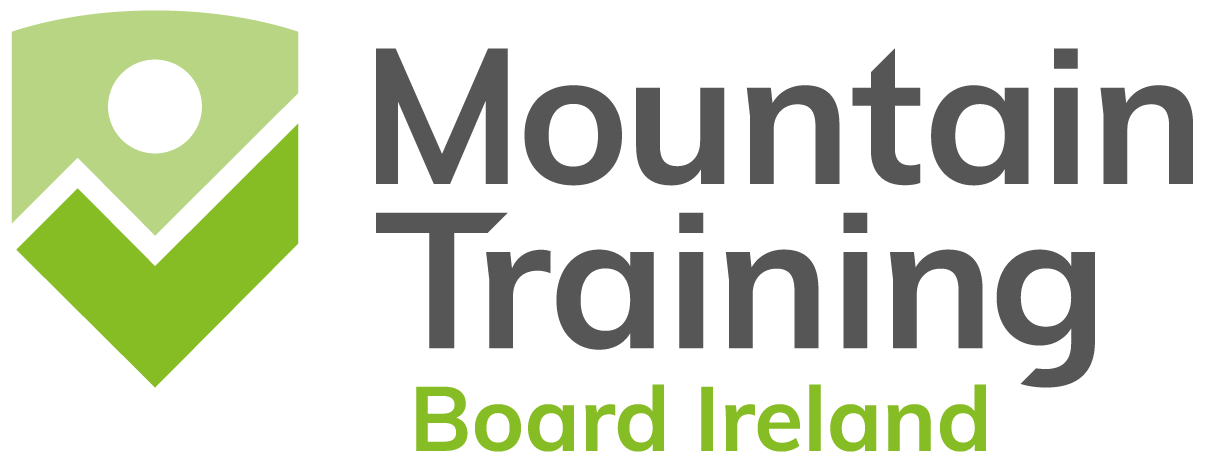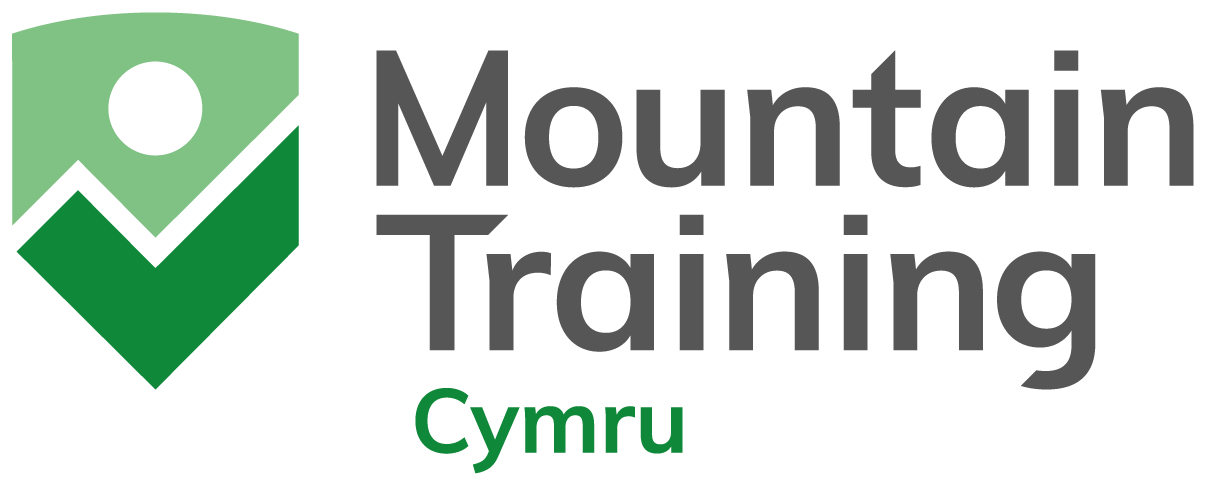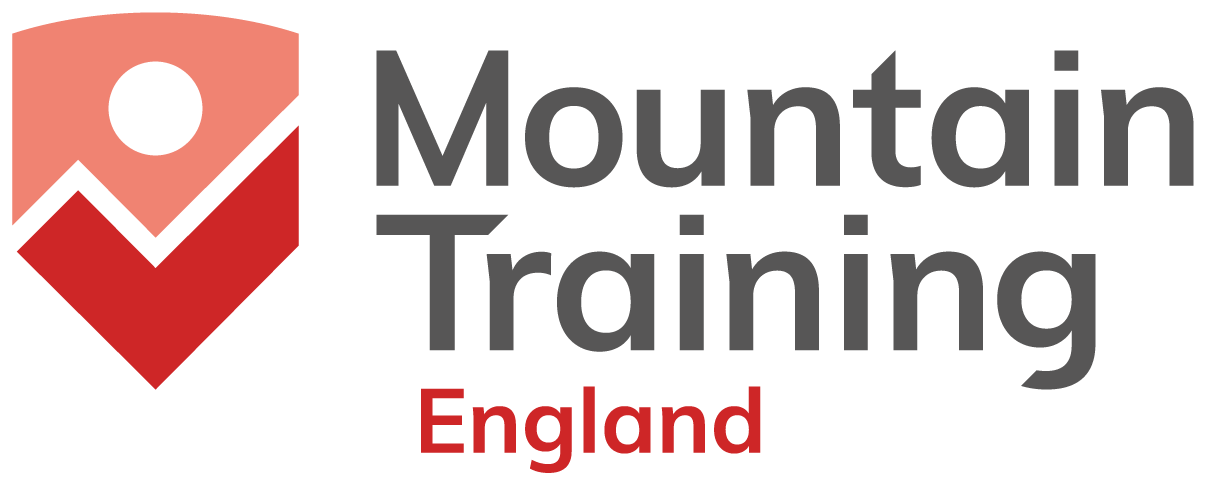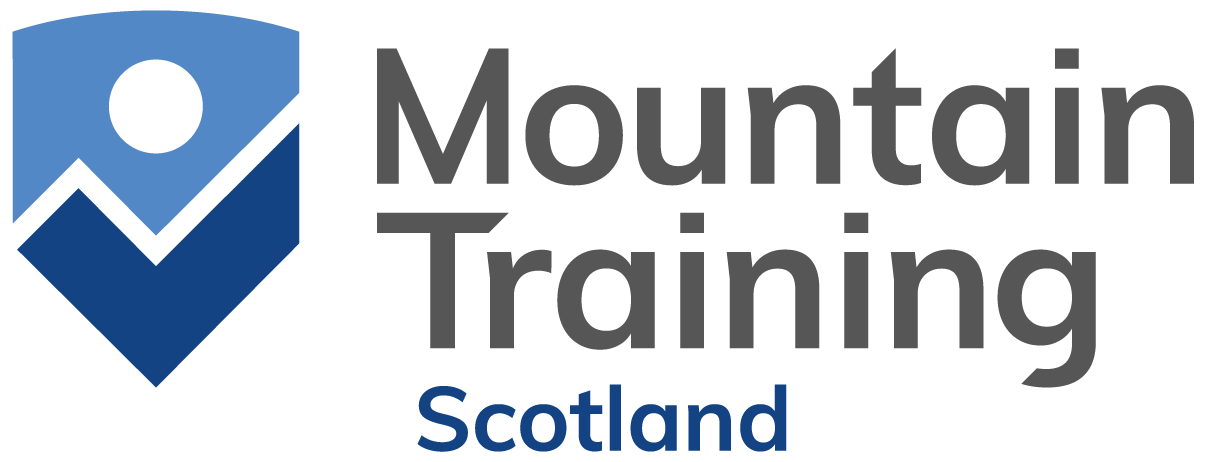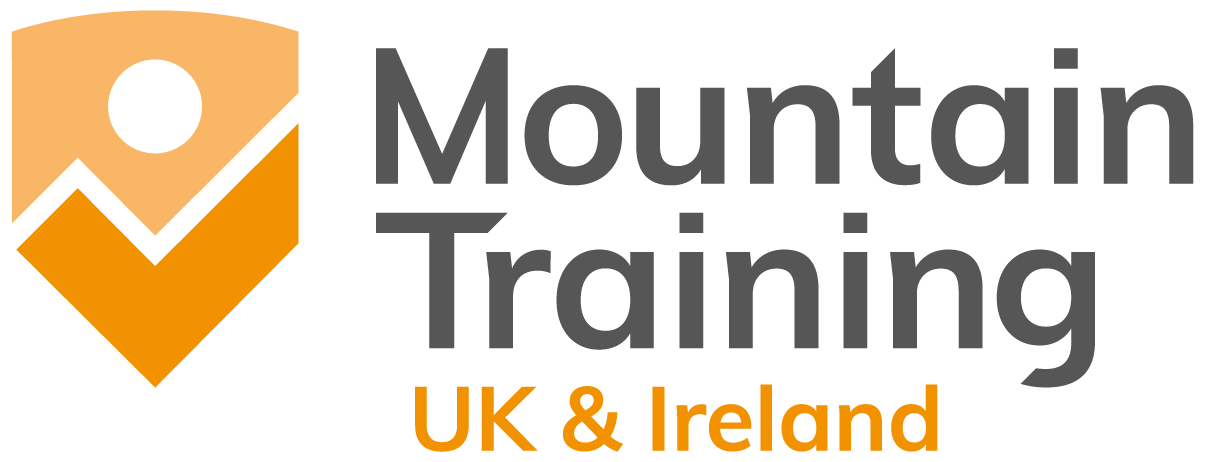Working in the adventure sector while pregnant presents challenges for both employees and employers. While pregnancy is a protected characteristic under UK and Irish discrimination law, a lack of clear guidance in the adventure sector has left many unsure of how to navigate this period.
Similarly, course providers can have legitimate concerns around pregnant participants attending Mountain Training courses due to perceived risks and a fear of liability.
Employers and providers must ensure they support pregnant workers and participants fairly, legally, and practically. This document outlines key responsibilities and best practices to help organisations create an inclusive, supportive and enabling environment.
It is also intended to highlight to individuals what their rights are so that safe work and participation is enabled where appropriate.
"As if navigating pregnancy itself isn't daunting enough! Sifting through information about what work you can, should or shouldn't be doing is certainly a real minefield. Here, in one place, is help for parents-to-be, employees, employers, freelancers and anyone else with an interest. A much-needed resource that would've been invaluable for me as I stumbled along making it all up!" - Libby Peter, author of Rock Climbing and qualified British Mountain Guide.

Morag Skelton rock climbing while pregnant

Samantha Evans hiking and wild camping while 7 months pregnant
Legal responsibilities and employee rights
Pregnancy as a protected characteristic
- In both the UK and Ireland, it is illegal to discriminate against an employee due to pregnancy, maternity, or associated conditions.
- This protection applies to full-time, part-time, and self-employed (often freelance) workers.
Risk assessments
- Employers must carry out an individual risk assessment when an employee informs them in writing that they are pregnant, breastfeeding, or have given birth within the last six months.
- This assessment should evaluate whether current work activities pose a risk to the employee’s health and safety and ensure appropriate adjustments are made.
- Employers should avoid blanket restrictions on work activities without a proper risk assessment.
- View the relevant information for pregnant and new mothers:
Work adjustments and alternative roles
- If a risk is identified, employers must make reasonable adjustments to remove or mitigate it – they must make sure that working conditions do not put the employee or baby’s health at risk.
- If necessary, an alternative role must be offered on the same terms and conditions.
- If there's no safe alternative, employers should suspend employees on full pay (paid leave) for as long as necessary to avoid the risk.
Maternity leave and rights
In the UK:
- Employees are entitled to up to 52 weeks of maternity leave, with statutory maternity pay available for up to 39 weeks (subject to eligibility).
- Freelancers are not entitled to statutory maternity pay but may be eligible for Maternity Allowance through the government.
- Employers should be aware of shared parental leave rights for partners and consider flexible return-to-work options for all new parents.
In Ireland:
- Employees are entitled to 26 weeks paid maternity benefit. They also have the right to take up to 16 weeks’ additional unpaid maternity leave.
- To get Maternity you must have a certain number of paid PRSI contributions – these can be from employment or self-employment.

Samantha Evans's final mountain bike journey over 6 months pregnant

Samantha Evans skiing while pregnant
Challenges and how employers can help
Pregnancy in the adventure sector can bring uncertainties for both employees and employers. Addressing these challenges thoughtfully ensures a fair and supportive workplace. Whilst first pregnancies can bring uncertainty, all pregnancies are unique and can vary significantly, even for the same individual. All pregnancies should be managed on a case by case basis.
Below are common challenges and practical ways employers can help.
Some employers may restrict work unnecessarily due to misunderstandings about pregnancy and risk.
Solution: Conduct an individual risk assessment rather than making assumptions. Revisit this as and when necessary so it remains relevant and up to date over the course of the pregnancy. Many adventure sector activities remain safe and viable with appropriate adjustments.
Fear of lost opportunities could lead some employees to delay informing employers which can lead to increased risks.
Solution: Foster an environment where employees feel safe to disclose pregnancy without negative repercussions.
Pregnant freelancers could be in a very vulnerable position and experience a reduction in job offers, which may constitute discrimination. Learn more about self-employed pregnancy rights here.
Solution: Continue offering work and allow employees to make informed decisions based on risk assessments and medical advice.
Employees may struggle with the physical and mental demands of returning to adventure work after childbirth.
Solution: Consider phased returns, keeping in touch days, refresher training, flexible working and support around being physically active following pregnancy.
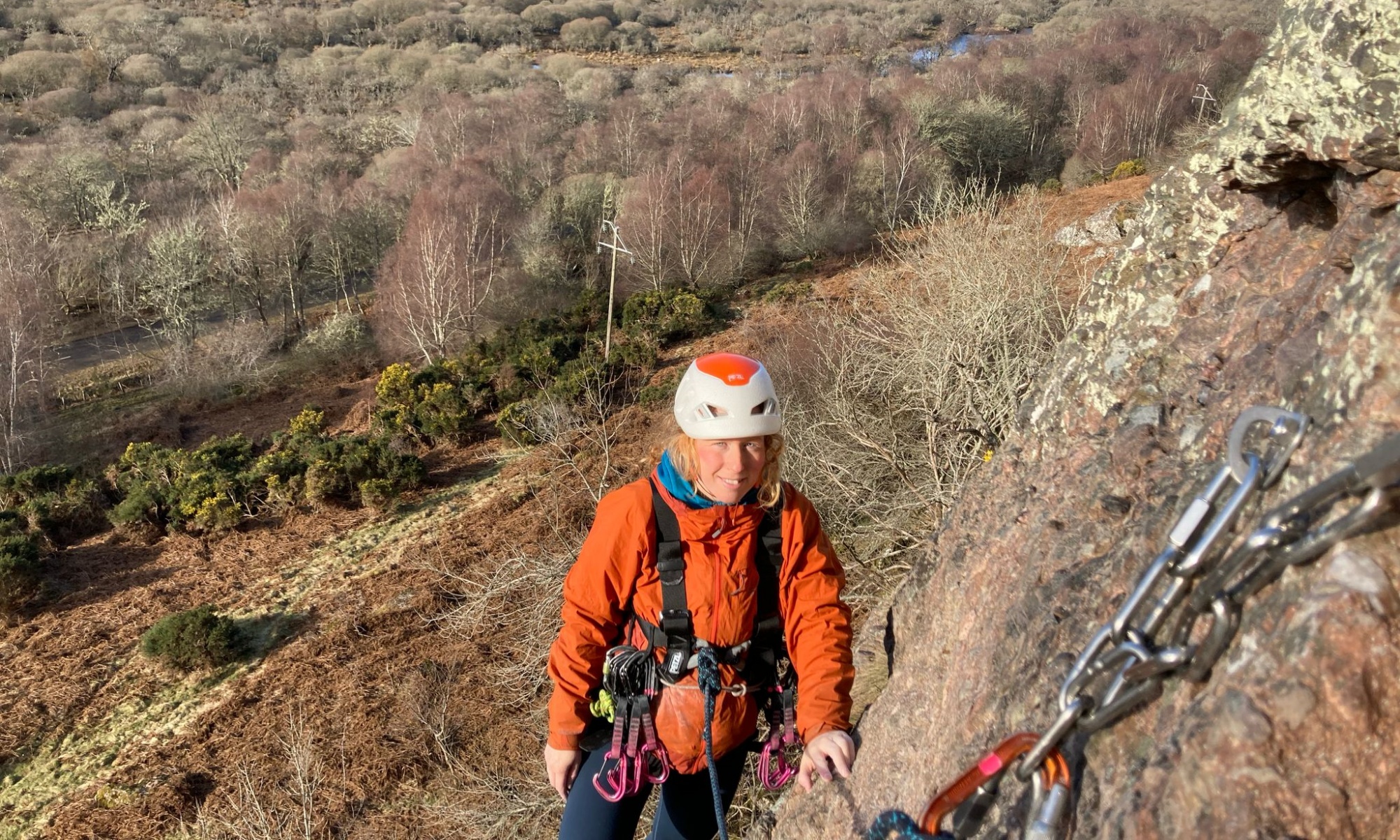
Morag Skelton climbing in Scotland while pregnant

Mikaela Toczek climbing while 7 months pregnant
Supporting pregnant candidates/participants on Mountain Training courses
When supporting pregnant participants attending courses, it can be helpful to consider pregnancy similarly to a declared medical condition. As with all medical conditions, providers should conduct risk assessments on an individual basis, mitigate any potential risks and provide clear, fair policies that enable participation where safe.
Strategies to best manage this include:
Medical declaration
Ensure you have received a medical declaration from each participant in advance of the course as per normal practice
Conduct an individual risk assessment with the individual
Ensure you speak to the individual to clearly explain what the course will involve, any activities you may/may not be able to adapt and any additional medical information you should be aware of as pregnancy can be linked to many other conditions. Complete a risk assessment that both you and the participant feel is appropriate.
You could consider asking the individual to speak to a medical professional about the suitability of the course and how appropriate it is for them before booking on. You may also wish to seek advice from a Mountain Training Technical Officer regarding additional support you can offer the participant. Mountain Training’s reasonable adjustments policy could also be considered where appropriate.
Following these conversations, you may feel the requirements of the course mean you cannot safely manage the participant's risk and they should not be able to attend. In this case explain the reasons behind your decision so the participant is aware how this decision was made.
In many cases, the participant will be able to attend so long as reasonable adjustments are made and risk is managed appropriately.
In all cases, be sure to clearly explain your booking terms in case the participant is unable to attend due to any unexpected changes.
When the participant can attend...
...implement necessary changes before and during the course
This could involve, for example, changing a route so you are closer to evacuation points in the case of emergency, using different equipment such as a full body harness or walking poles or factoring in time for more toilet stops.
These changes may be more difficult in some scenarios, like on a qualification assessment course where the syllabus must be met, compared to a skills course where activities can more easily be adapted based on the participant group. Consider this before deciding if the participant can attend or not.
If you do not have access to necessary adaptive kit, discuss with the participant how this will be managed e.g. will they be responsible for providing this kit? If so ensure you are familiar with it before use. If possible, try to use some of the kit to see how it feels different for the user.
...check in with the individual during the course
Ensure you communicate regularly with the individual throughout the course regarding their wellbeing as with any other known medical condition. Continually dynamically risk assess and make any necessary changes as appropriate.
Additional resources and support
- Mountain Training’s Women in Mountain Training Facebook group
- Refresher workshops delivered through our Association (suitable for those preparing for assessment and those already qualified.)
- Pregnant then Screwed – learn more about your rights
- OutdoorHer – information on training during pregnancy coming soon
- Stand up paddle boarding pregnant - advice from Paddle UK
Thanks to Morag Skelton, Mikaela Toczek and Samantha Evans for sharing their pregnancy pictures with us for this article.
